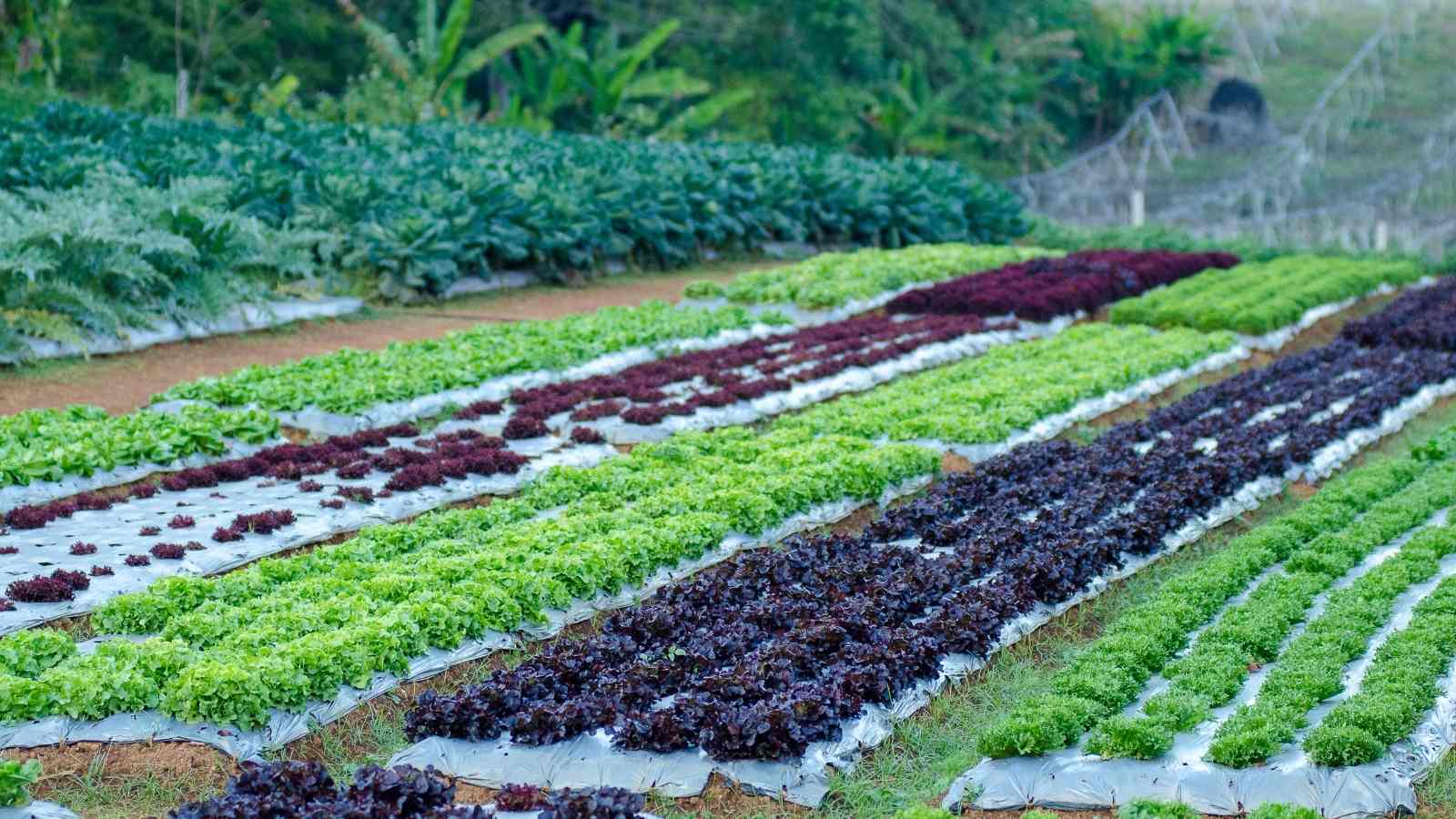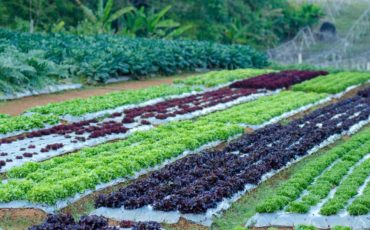The population of the world is steadily increasing. The pandemic lockdown itself has seen such a high surge in population. Now, with this escalating rate of population, the farmers over the years are being overburdened by the constant need of increasing the crop production within a very small amount of time. In this dire crisis however, in the quest for growing more crops, the farmers can let go the quality factor.
So, they have in turn, manifested their sweat and resources to grow more crops (with better quality) with the help of organic farming. In a way, to say, the need and the expanse of organic farming has increased and has been made common to all the farmers in the length and breadth of the country. With the various merits, the organic farming has certain major pitfalls as well. Since, to cater to the needs of the population, the mode of organic farming has become entirely commercial, so the researchers should understand the concept of organic farming through this commercial aspect.
To further understand the objectives of organic farming through the prime merits and demerits, we have listed all these in a very synchronised manner.

The most important advantages and the most critical disadvantages of organic farming
1) Organic farming helps to reach the ecological balance
Yes, as the name suggests, this farming sorts to grow crops in the most natural manner. With the help of natural or organic manure, the farming strives to grow a variety of crops like tomatoes, squash, lettuce, brinjals and potatoes to name a few. This farming method does not involve the usage of chemical fertilizers and the non organic pesticides.
In place of these chemically produced fertilizers, the organic farming makes use of cow dung, horse manure, chicken manure, decomposed plant matter, and also the kitchen waste. The manure and the organic fertilizers help not only in enriching the soil but also helps to nourish the crops in a better manner. All the more, since this farming does not entail the usage of the chemical fertilizers, so, during the rainy season or due to the excess irrigation water supply, when the soil tends to wash off, there occurs no soil degradation. The organic farming also helps in binding the soil very strongly thereby, helping in the prohibition in the occurrence of flash floods or sudden soil leaching.
With the maintenance of the ecological balance, the farmers ought to understand the commercial angle to the benefit as well. If the farmers use more and more natura products, then obviously the cost levied on the chemical fertilizers will thoroughly get reduced. All the more, with the various natural help, the farmers will also not have to worry with respect to extra spending in the losses due to leaching or soil degradation.
2) Organic farming brings in more pollinators
With the usage of healthy and organic supplements to grow the crops, more and more pollinators throng the fields. Likewise, the spray of chemical fertilizers containing the Glyphosate and neonicotinoids can adversely affect the population of the pollinators. It is no new information, that pollinators not only increase the crop production but also helps in making the work process easier. All the more, the organic farming also includes making the soil and the crops healthier.
Likewise, the soil with the organic inputs becomes a huge reserve of resources like Vitamin E, omega 3 fatty acids and antioxidants. From the Commercial point of view, indeed more the incoming pollinators, better and faster will be the yield. Moreover, nowadays, to attract more pollinators, the farmers, grow variety of colourful flowering plants by the side of the farms.
3) The organic farming is comparatively costly
Though in the recent past, this mode of farming has become increasingly common, yet they do not receive much subsidies. With no provided subsidy, no compensation is given to the farmers if they happen to make a loss in this mode of farming owing to the sudden change in weather or due an unwanted crop failure. This farming entails high labour and is extremely tedious as compared to the commodity farming.
To add on to the demerit, this farming though uses organic pesticides like organic fungicides, yet they are extremely costly to purchase. Moreover, unlike the commodity farming, where in the farming is done with machines, in case of the organic farming, the farmers need to cater to all the needs of the crops manually.
From regularly weeding the farms to harvesting the same, everything is done manually. With the introduction and the use of permaculture, over the years this major demerit is being slowly dissolved. The commercial food sectors get hit very badly whenever; the organic foods’ prices shoot really high.

